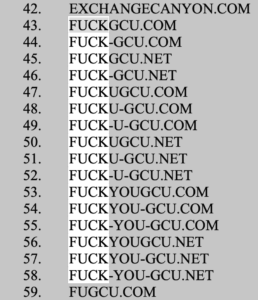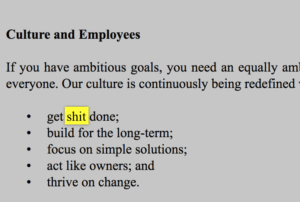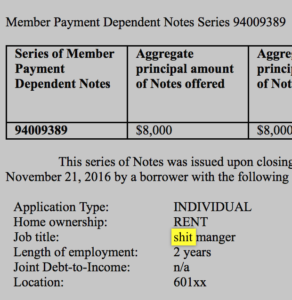by Fred Fuld III
Some brokerage firms, such as E*TRADE, have sent out notices that they will no longer handle the trading of certain pot stocks and other companies which trade on the Pink Sheets, that are considered “Pink No Information”. This would go into effect on September 28, 2021.
Last year, the SEC came out with a ruling that would prohibit broker-dealers from publishing quotations for an issuer’s security when issuer information is not current and publicly available.
Pink No Information means that the company is unwilling or unable to provide current financial disclosure information. Fortunately, most pink sheet stocks do not fall into this category. As a matter of fact, I could find only one marijuana stock that falls into this category. This could be because the SEC has already suspended over 70 of these stocks in various industries back in February and March of this year. Many of these stocks were involved in “pump and dumps”.
There may be other cannabis stocks that are Pink No Information, but it is hard to tell just from the name of the company, and there are over 250 stocks that I would have to go through. Also, you may want to check your Pink stocks on September 27 to see if they have fallen into this category.
The other two types of Pink Sheet stocks are Pink Current Information and Pink Limited Information. Current means all financial information is up to date. Limited means that the company may be behind in its reporting due to bankruptcy or financial reporting issues. This SEC ruling does not affect stocks in these two categories, at least yet.
Some brokers, such as Firstrade, have said that it also affects Grey Market and Expert Market stocks.
On Tuesday, September 28, 2021, new amendments to Rule 15c2-11 under the Securities Exchange Act of 1934 go into effect that will impact the market for certain over-the-counter (OTC) securities classified as Pink No Information, Grey Market, and Expert Market OTC securities (collectively, “Impacted OTC Securities”).
The Grey Market is for stocks that have been suspended from trading or can be for pre-IPO stocks. The Expert Market is for private transactions between broker dealers and professional investors.
To find out what category your Pink Sheet stocks fall into, or any other OTC stock for that matter, you can enter the stock ticker symbol at OTCMarkets. This site provides information on all over-the-counter and Pink Sheet stocks.
You can also look up all the No Information stocks by going to the Stock Screener at OTCMarket, go to the Markets section at the top and choose Pink No Information.
At the time this is being written, there are 2,391 stocks in the Pink No Information category. There are also 825 Expert Market and 3,270 Grey Market stocks.
You should be aware that you aren’t required to sell these stocks. It’s just that if you ever wanted to sell the stocks, who are you going to sell them to, if all brokers will prohibit the buying of any of these securities. In addition, there won’t be any price quotes for the stocks.
So remember, check your portfolio on September 27 since this goes into effect on September 28. Also, keep in mind that any of the companies on the list may get their filings with the SEC updated by the deadline.









